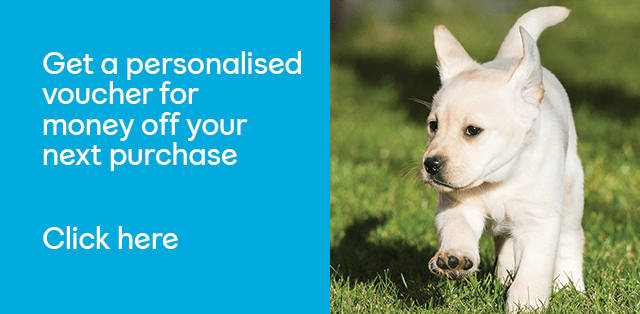At what age should a child start potty training?
If your child shows signs they’re ready for potty training, then it’s probably the right time you and your little one to embark on this journey.They know best what’s going on in their little bodies – and while it can be hard to get them to tell you anything, there a few simple signs it might be time to take on toilet training.
When it comes to the perfect potty training age, as you’ll know with kids, not everything happens when it’s meant to. Children grow and develop at different speeds. They might have been an early walker and mastered building blocks from a young age – but they may struggle with keeping dry.
And don’t feel you need to rush into it, just because other parents are. Take your own time – making them use a potty or toilet before they are ready is likely to be as unsuccessful as trying to get them to eat their vegetables
Generally speaking, most little ones are ready for potty training between the ages of two and three. And often girls get there a few months earlier than boys.
But if your little one decides they don’t want to ditch their nappies until they are approaching their fourth birthday, that’s fine as well. Though Amanda does suggest that parents can start educating them about potty training to encourage them to get started, as this is nearing school age.
She says: “If your little one is showing no interest and fast approaching their fourth birthday, start educating them through books and apps to encourage them."
Feeling clean is something children of all ages enjoy –they just might not know it yet. Knowing the right time to potty train your child will boost their confidence and happiness, as well as your own.
This article covers:
Signs your child is ready for potty training
Best time for potty training
Five top tips to get kids ready for potty training
Signs your child is ready for potty training
The easiest way to know when to potty train your child is by picking up on the signs they’re ready. These can be as obvious as them shouting in the middle of a restaurant that they need a poo, or as subtle as them running behind the sofa every time they need to wee.
Awareness: Becoming aware they have a wet or dirty nappy
Realisation: Realising they’re weeing and telling you
Physical signs: Grabbing their trousers, fidgeting or hiding somewhere when they need or do a wee or poo
Staying dry: Having a dry nappy for at least an hour or two
Verbalising: Knowing that they need to wee and say so, or ask if they can use the toilet
“When children become aware of something new or different happening to them, they will look to communicate this to a parent – whether verbally or through their behaviour, depending on their development stage. Pay attention to anything different here as it could be a sign that they’re ready for potty training,” says Amanda Jenner
If you notice any of the other signs apart from verbalising, it can still be a good time to start – you just might have a few more accidents along the way.
Best time for potty training
Getting extra help and support when potty training can help make the transition from nappies to toilets a little more straightforward. This can mean using the time of year to your advantage. When they’re not wearing as many layers (if anything at all) on warm summer days, it can be the ideal time to avoid accidents when potty training.Summer potty training is popular for this reason. Not only do they not have to struggle getting their trousers or pants down in time, washed clothes will dry much quicker if they do have an accident.
Amanda adds: “But if they are showing signs before the warmer weather, do not put potty training off as you don’t want to miss your window of opportunity. Potty training is not seasonal.”
That’s not to say you can’t try potty training on cold winter days – you just might to have plan ahead a little more.
Can you delay potty training?
Timing is everything with potty training. It’s not just about them being physically ready but also mentally ready to switch from nappies to potties. If your child is going through a big life event or experiencing disruption in their home life, it can be best to wait a while before starting.Potty training usually works best when your little ones is feeling settled. Routines can help in this and make the process more successful, easier and quicker for all involved.
“The best time for potty training depends on the stage your child is at, but avoiding periods of heavy disruption will make the process simpler and quicker for them to learn,” says Amanda.
It can be worth delaying potty training if:
- If your child is unwell or has been recently unwell
- You have recently moved house
- A new sibling has arrived
- Your child has recently started preschool or nursery
- Parents are separating
- You are about to go on holiday
If potty training is underway when an unexpected disruption occurs, it’s worth persisting with your new routines. Make sure you can take their potty with you wherever you go to keep things on track.
Getting kids ready for potty training – 5 top tips
The idea of using a potty will be new to your child, so it’s important you ease them into it. Before you start potty training you can gradually prepare them for it with a few simple steps:








